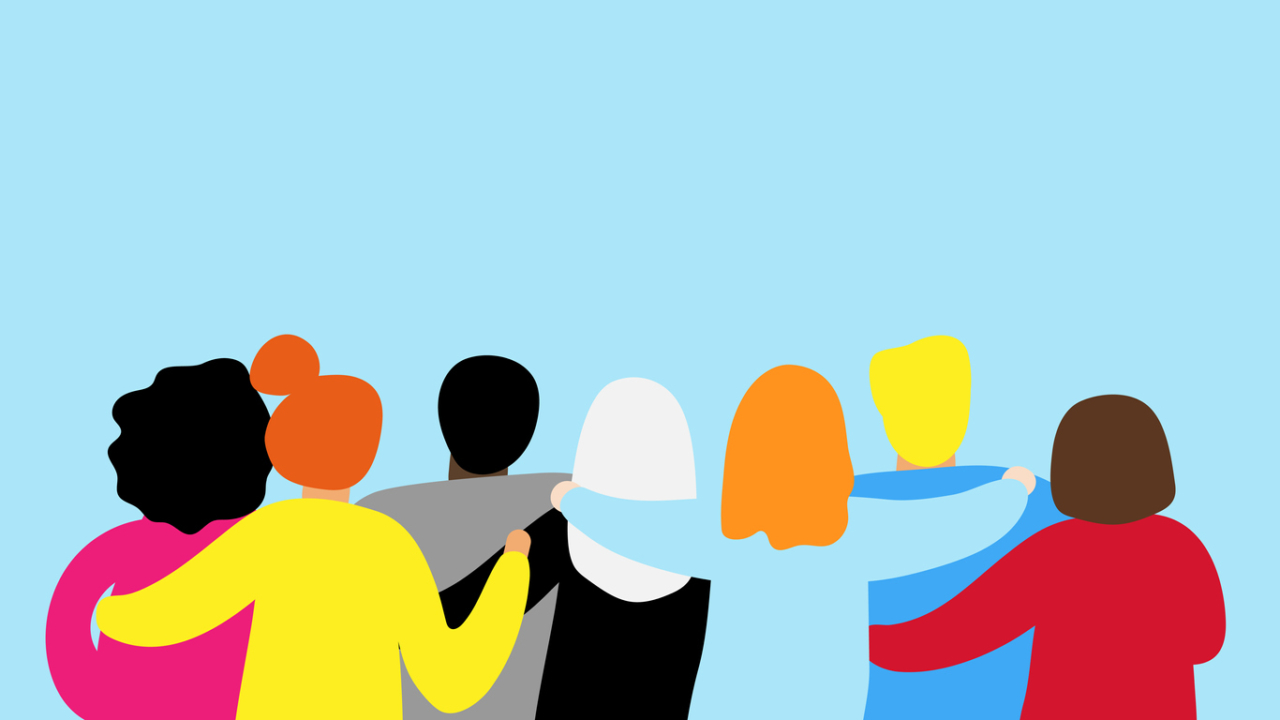
Helping people to be as independent as possible is often one of the primary missions of various human service organizations. However, humans are a social species and thus part of an interdependent network of relationships. Our notion of independence is actually a delicate balance between autonomy and solidarity. What human services organizations are really attempting to do is to help a person to become less dependent on formal supports by connecting that person to a larger network of natural supports. Among these natural supports are friends.
One of the most functional skills that a person can develop is the ability to create friendships. This requires a whole subset of skills that includes conflict resolution techniques and skills for the repair of relationships. Being able to discern healthy relationships from toxic relationships is part of this. The number of high quality relationships in a person’s life is one of the best indicators of quality of life for that person (Vaillant, 2012).
In The Mandt System, we believe that healthy relationships are the foundation of conflict resolution, positive behavior supports, and fostering independence. Being able to resolve conflict in a healthy way helps a person to maintain and grow relationships, ultimately leading to less dependence on formal supports because of a richer network of natural and community supports. Workplace conflict resolution programs such as the Mandt System do not just teach skills for the workplace. These are life skills that can benefit anyone.
John Windsor – Director Technical Curricula
Vaillant, V. E., (2012). Triumphs of experience: The men of the Harvard grant study. The Belnap Press of Harvard University Press.



